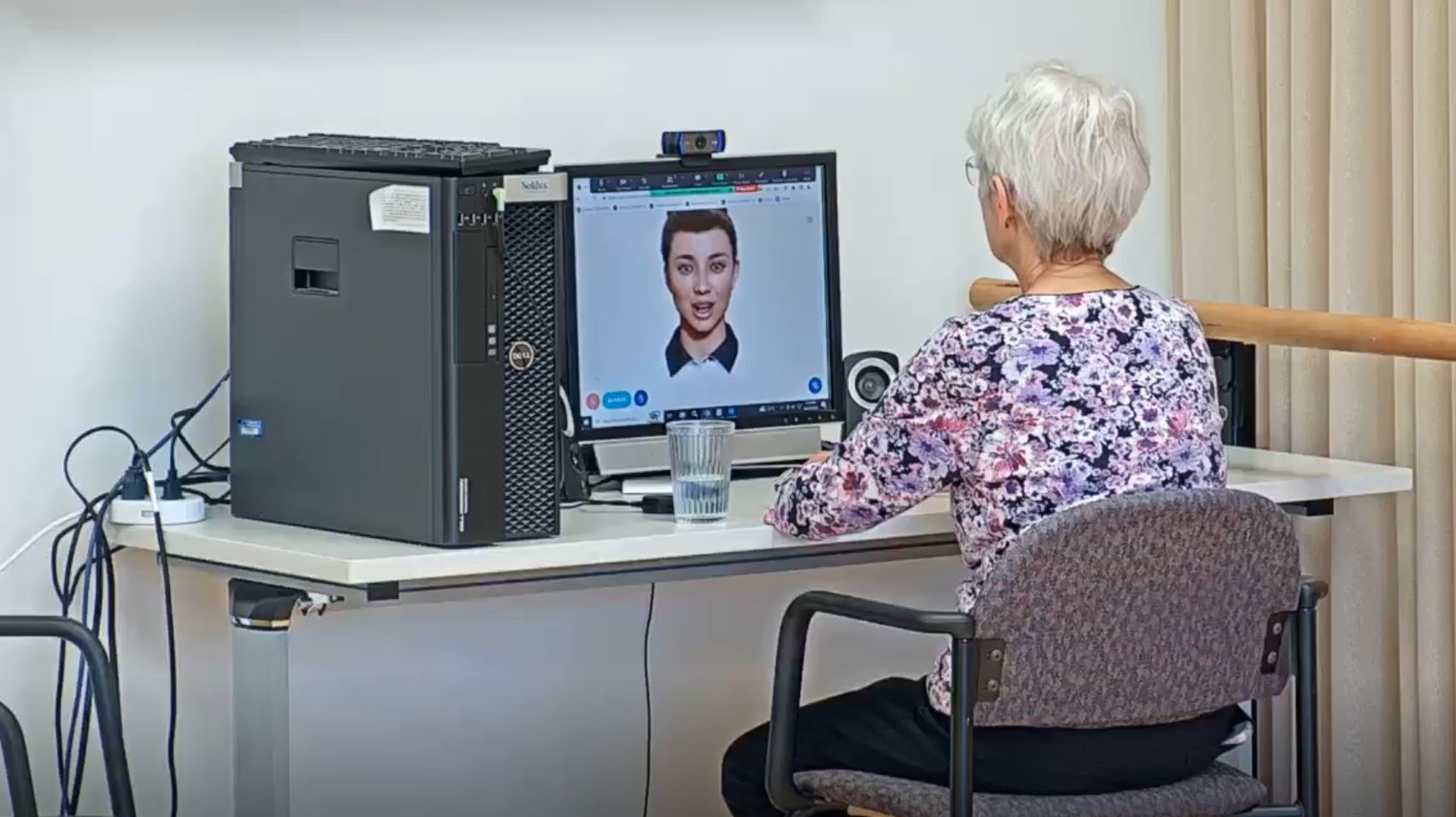CORTEX brings brain health to communities

- OBI's CORTEX program puts communities at the center of neurotechnology testing, engaging nearly 1,500 people across 10 collaborations to bridge the gap between innovation and accessible brain health tools
- Community-first approach earns national recognition, with OBI selected as an inaugural envisAGE 'Beachhead' and launching the Canadian Dementia Registry at three Alzheimer Society of Ontario sites
- CORTEX addresses critical barriers to cognitive health monitoring, tackling Canadians' concerns about tool selection, cost, and complexity while ensuring marginalized and rural communities access timely diagnosis and care
Although digital health tools hold immense potential for monitoring cognitive wellbeing, a gap remains between existing neurotechnology and communities that can access it. The Ontario Brain Institute's Community-led Real-world neuroTech Experience (CORTEX) program is flipping this script by putting communities at the center of testing and implementation.
The timing couldn't be more critical. A spring 2024 survey by OBI and Zoomer Media found that over 85% of Canadians think about their cognitive health, actively seeking reliable information to help prevent dementia. Yet respondents identified key barriers: uncertainty about which tools to choose (32%), cost limitations (28%), and device complexity (25%).
From the lab to your living room
CORTEX creates partnerships that bridge development and use. Across 10 community collaborations, the program has engaged close to 1,500 people testing everything from seizure-tracking wearables to digital cognitive assessments – tools designed to enhance care and empower people to take control of their health.
The innovation extends beyond traditional assessments. In one project, CORTEX partnered with Sheridan College's Centre for Elder Research to explore virtual humans equipped with voice recognition software that could address social isolation while monitoring cognitive function and mental wellbeing in older adults. Early results are promising, with participants requesting more relatable, customizable features. As one participant noted: "I didn't feel as judged or rushed if I am speaking slowly."

Dr. Lia Tsotsos, who leads the Centre for Elder Research and has collaborated with OBI for nearly a decade, emphasizes the careful approach needed: "Through this work, we see that generative AI has great potential to support remote healthcare delivery and monitoring, but it has to be done with care."
Building an integrated brain health ecosystem
OBI's community-centered approach earned national recognition in 2024-25 when it was selected as one of six inaugural 'Beachheads' for envisAGE, a pan-Canadian initiative fostering quality aging through innovation. As a Beachhead, OBI co-designs projects with community partners and companies to evaluate how technologies can empower older adults to age safely and independently.
The Canadian Dementia Registry, supported in part by CORTEX, demonstrates this community-first approach. At three Alzheimer Society of Ontario sites, individuals concerned with their cognitive health can now access memory and functional assessments, administered on behalf of primary care practitioners. Information gathered from these tests will create a private and secure registry, powered by OBI's Brain-CODE platform, as the foundation for a province-wide system that tracks the dementia journey, improves access to treatments, and connects families to care.
Timely access to diagnosis and treatment is one of the most critical challenges facing people living with dementia in Ontario," states Cathy Barrick, CEO of the Alzheimer Society of Ontario. “As new disease-modifying therapies for Alzheimer’s disease become available, our province must be ready. That’s why the Alzheimer Society of Ontario, in partnership with the Ontario Brain Institute, is combining accessible cognitive assessments with the creation of Canada’s first dementia registry.”
These initiatives are not only about access to new therapies. They’re about reducing wait times, closing systemic gaps, and ensuring everyone, including those from marginalized or rural communities, can receive a timely diagnosis and the support they need to live well with dementia.
The pathway forward
"We've worked with many neurotech companies over the years, and one constant challenge is making their technologies accessible," says Dr. Christa Studzinski, Head of External Relations and Partnerships at OBI. "CORTEX shows that when you start with community needs and lived experience, it creates a pathway for adoption."
As Canada faces an aging population with rising dementia rates, CORTEX offers a way to test and deploy care pathways co-designed by communities to relieve burden from primary care. The question isn't whether neurotechnology can transform cognitive health – it's how quickly we can get it to those who need it.
